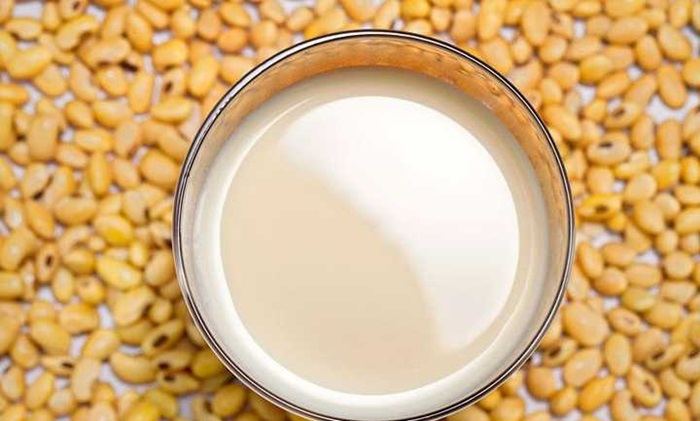As the calendar turns to a new year, many individuals set resolutions to improve their health and appearance. One trend that has emerged is the adoption of liquid diets. However, recent investigations have brought to light several significant health pitfalls associated with these diets.
Liquid diets often seem appealing, especially to those eager to shed pounds quickly. They are marketed as a convenient and efficient way to lose weight. These diets typically involve replacing solid meals with shakes, juices, or soups. The idea is that by consuming only liquids, one can reduce calorie intake drastically and achieve rapid weight loss. For example, some detox juice programs claim to cleanse the body and jumpstart metabolism, while meal replacement shakes are promoted as a source of complete nutrition in a simple, easy-to-consume form.
One of the major drawbacks of liquid diets is the potential for severe nutritional imbalances. While some liquid products may be fortified with vitamins and minerals, they often lack essential nutrients found in whole foods. Fiber, for instance, is crucial for maintaining a healthy digestive system. Liquid diets usually provide minimal fiber, which can lead to constipation, bloating, and other digestive issues. Additionally, they may not contain sufficient amounts of healthy fats and complex carbohydrates. These nutrients are essential for providing sustained energy, maintaining brain function, and supporting various bodily processes. A diet deficient in these elements can leave individuals feeling fatigued, irritable, and unable to concentrate.
Another concern is the negative impact on metabolism. When the body is deprived of a regular supply of solid food and the calories it provides, the metabolism can slow down. This is the body’s natural response to conserve energy during periods of perceived starvation. As a result, weight loss may initially occur, but it becomes increasingly difficult to continue losing weight or maintain the lost weight once a normal diet is resumed. Moreover, a slow metabolism can lead to a host of other health issues, such as increased risk of developing insulin resistance and type 2 diabetes.
Liquid diets often fail to provide a sense of satiety or fullness. Unlike solid foods, which require chewing and take longer to digest, liquids are quickly absorbed by the body. This can lead to feelings of hunger and cravings, making it difficult to stick to the diet in the long term. Many people who start a liquid diet eventually give up due to the intense hunger and dissatisfaction. Additionally, the restrictive nature of these diets can have a negative impact on an individual’s relationship with food, leading to disordered eating patterns.
Rather than relying on liquid diets, a more balanced and sustainable approach to weight loss and health improvement is recommended. This includes incorporating a variety of whole foods such as fruits, vegetables, whole grains, lean proteins, and healthy fats into the diet. Portion control and regular physical activity are also key components. If individuals still wish to include liquid products in their diet, they should be used as a supplement rather than a replacement for whole meals and should be chosen carefully to ensure they provide a balanced nutritional profile.
In conclusion, while liquid diets may seem like an attractive option for achieving New Year’s resolutions related to weight loss, they come with significant health risks. It is essential for individuals to be aware of these pitfalls and make informed choices about their diet and lifestyle to promote long-term health and well-being.
Read more
- The Best Liquid Diet for Men: Navigating Health and Nutrition
- Best Multivitamin For Men On Keto
- Best Collagen for Men’s Hair Growth


